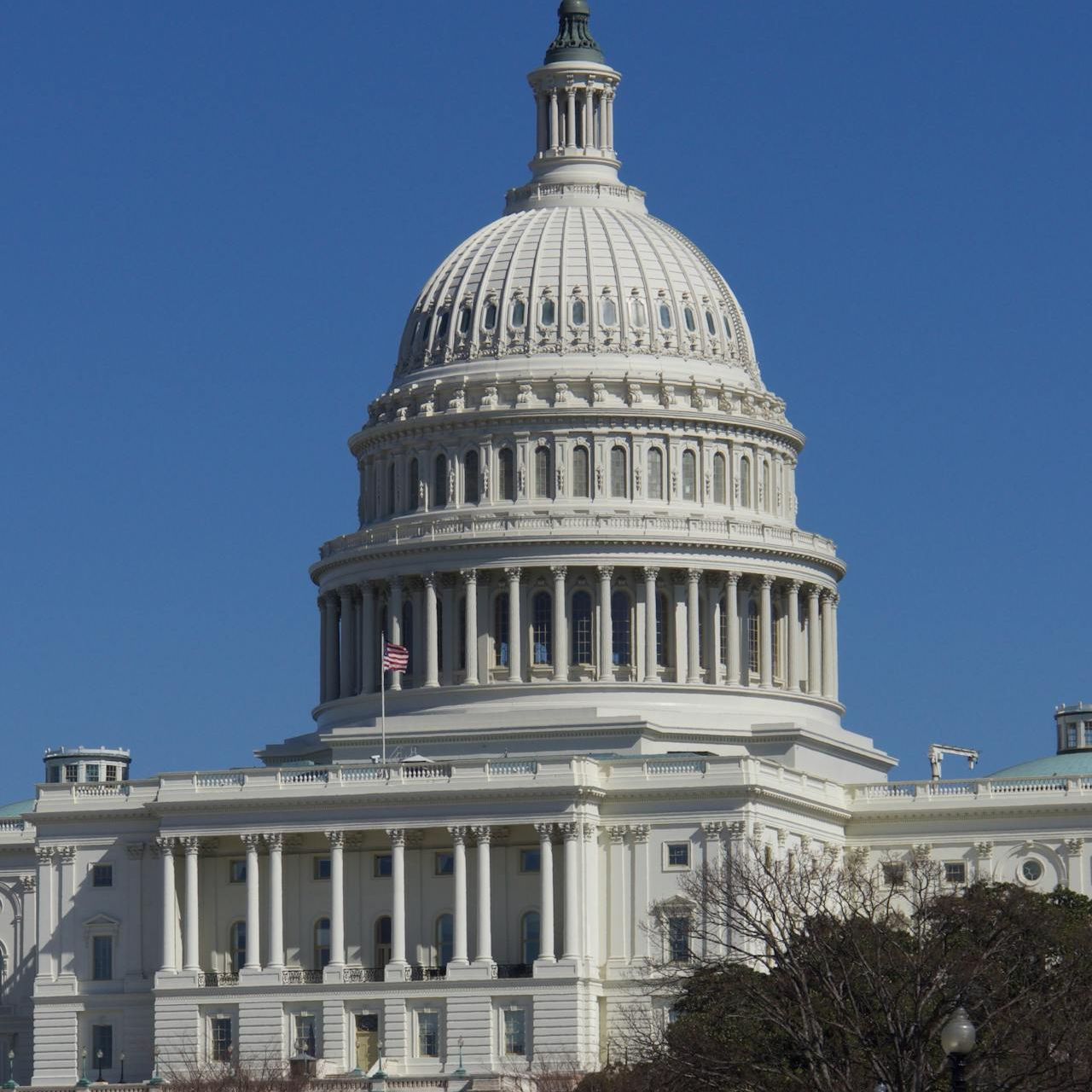Key Takeaways
-
If you’re still working at age 65 and have employer coverage, you may be able to delay some parts of Medicare without penalties—but not always. The size of your employer and the type of coverage determine your options.
-
Failing to enroll in Medicare at the right time can lead to late enrollment penalties and gaps in coverage. Understanding your timeline is crucial to avoiding costly mistakes.
Turning 65 While Still Employed: What You Should Know
When you reach age 65 in 2025, you’re eligible for Medicare. However, many people today continue working past this age. If you have health insurance through your or your spouse’s current employer, you might not need to enroll in all parts of Medicare right away. But this decision depends on specific rules related to your job, your employer’s size, and how your existing insurance interacts with Medicare.
Employer Size Dictates Your Medicare Decisions
The number of employees at your workplace directly affects whether you can delay Medicare enrollment without facing penalties.
Employers With 20 or More Employees
If your employer (or your spouse’s employer) has 20 or more workers, the group health plan is considered primary. That means:
-
You can delay Medicare Part B without penalty.
-
You can also delay Part A, but most people enroll in it since there’s usually no premium (if you worked 40 quarters).
-
You must enroll in Medicare within 8 months of leaving your job or losing employer coverage, whichever comes first, to avoid penalties.
Employers With Fewer Than 20 Employees
If your employer has fewer than 20 employees, Medicare becomes the primary payer, and the employer coverage is secondary. That means:
-
You should enroll in Medicare Parts A and B when you’re first eligible at 65.
-
Not doing so could leave you with little to no coverage if Medicare declines to pay your claims.
-
Delaying could trigger lifetime penalties for Part B and potential gaps in coverage.
What You Can Delay (and What You Shouldn’t)
Part A (Hospital Insurance)
Most people qualify for premium-free Part A, so enrolling at 65 is generally a safe and beneficial move. However, there are some caveats:
-
If you have a Health Savings Account (HSA), enrolling in Part A disqualifies you from contributing.
-
If you want to keep contributing to your HSA, delay both Part A and Part B until you stop working.
Part B (Medical Insurance)
Part B comes with a monthly premium ($185 in 2025). You may want to delay it if:
-
You’re still working and have credible employer coverage (from a large employer).
-
Your employer coverage is cheaper or offers better benefits.
But you should enroll at 65 if:
-
Your employer coverage is from a small employer (fewer than 20 workers).
-
You are self-employed or on COBRA, which does not count as active employer coverage.
Part D (Prescription Drug Coverage)
You can delay enrolling in a Medicare drug plan without penalty if your employer plan is considered creditable drug coverage (as good as Medicare’s). But:
-
If your employer plan isn’t creditable, you could face late penalties and gaps in drug coverage.
-
You must enroll in Part D within 63 days of losing creditable drug coverage to avoid the penalty.
Understanding the Special Enrollment Period (SEP)
If you delay Medicare because you’re working and covered by an employer plan, you qualify for a Special Enrollment Period when that coverage ends. The SEP:
-
Lasts 8 months from the time you stop working or lose employer insurance.
-
Lets you sign up for Part B without penalty, as long as you had creditable coverage.
-
Lasts only 63 days for Part D after your drug coverage ends, so timing is tighter.
Failing to enroll during your SEP can result in late penalties:
-
Part B Penalty: 10% for every 12-month period you delayed without coverage.
-
Part D Penalty: 1% of the national base premium for every month you were without coverage.
COBRA, Retiree Coverage, and Medicare
COBRA
Many people mistakenly assume COBRA coverage allows them to delay Medicare. It doesn’t. COBRA is not considered active employment, and the coverage is secondary to Medicare once you’re eligible. If you delay enrolling in Medicare while on COBRA:
-
Medicare may become your primary payer, and COBRA won’t cover what Medicare declines.
-
You could face late penalties and lose your right to a penalty-free Special Enrollment Period.
Retiree Coverage
Like COBRA, retiree health benefits do not count as active employment. That means:
-
You should enroll in Medicare Parts A and B at age 65, even if your retiree plan offers benefits.
-
Delaying enrollment can lead to coverage gaps and penalties.
What If You Work Abroad?
If you’re working overseas and qualify for Medicare, you still face the same rules. However:
-
Foreign employer plans typically don’t count as creditable coverage for delaying Medicare.
-
If you’re working for a U.S.-based company abroad, check with HR whether your coverage qualifies.
-
Medicare generally does not cover care received outside the U.S., so enrolling may offer limited benefits while overseas.
Don’t Forget About Coordination of Benefits
If you decide to keep working and enroll in Medicare, your benefits will coordinate with your employer coverage.
-
If your employer plan is primary, Medicare pays secondary.
-
If your employer is small, Medicare pays first.
-
You need to let your provider and plan know who pays first to avoid billing issues.
Check your plan’s Summary Plan Description or speak to your HR department to understand how your benefits coordinate.
Watch Your HSA Contributions
Once you enroll in any part of Medicare, you can no longer contribute to a Health Savings Account. The IRS prohibits HSA contributions while enrolled in Medicare. Here’s what to remember:
-
If you’re planning to enroll in Part A, stop contributing to your HSA six months in advance. This is because Part A enrollment is retroactive for up to six months (but not earlier than your 65th birthday).
-
Contributing while enrolled can trigger tax penalties.
How to Time Your Enrollment Wisely
Here’s a smart approach to deciding when to enroll:
-
Evaluate your current insurance: Is it from a large employer? Is it creditable for drug coverage?
-
Consider future plans: Will you retire soon? Planning for transitions now avoids lapses in coverage later.
-
Mark your timeline: Know when your Special Enrollment Period begins and ends.
Key Documents to Have Ready
When you’re ready to enroll in Medicare after delaying, have this documentation ready:
-
Employer Verification Form (CMS-L564): Confirms you had creditable coverage.
-
Medicare Part B Application (CMS-40B): Submit during your Special Enrollment Period.
-
Proof of drug coverage: If you’re enrolling in Part D later.
Submitting these forms correctly and on time helps you avoid penalties and delays.
Make the Right Move Before Retiring
Staying on employer coverage past 65 is common in 2025, but it comes with rules that aren’t always obvious. Delaying Medicare without fully understanding the consequences can cost you more in the long run. If your employer has fewer than 20 workers, Medicare is your primary insurance, and delaying enrollment will likely backfire. Even with large employer plans, be sure you understand the limits of your drug and HSA benefits.
The best decision is an informed one. If you’re unsure about how your current insurance interacts with Medicare, or whether you should enroll now or later, speak with a licensed agent listed on this website to get personalized help.









